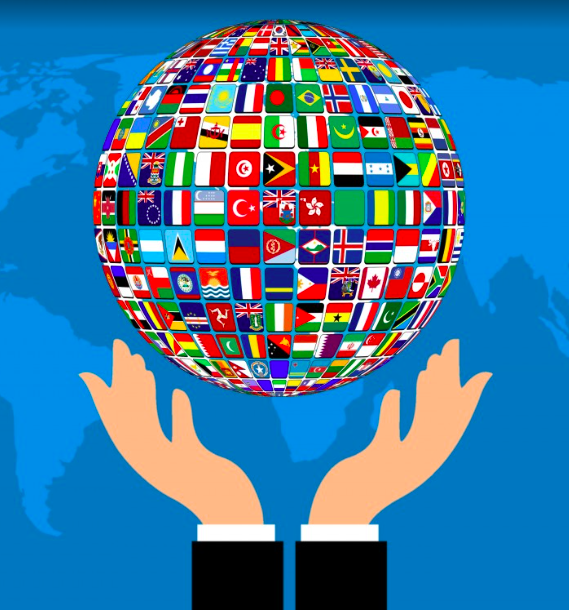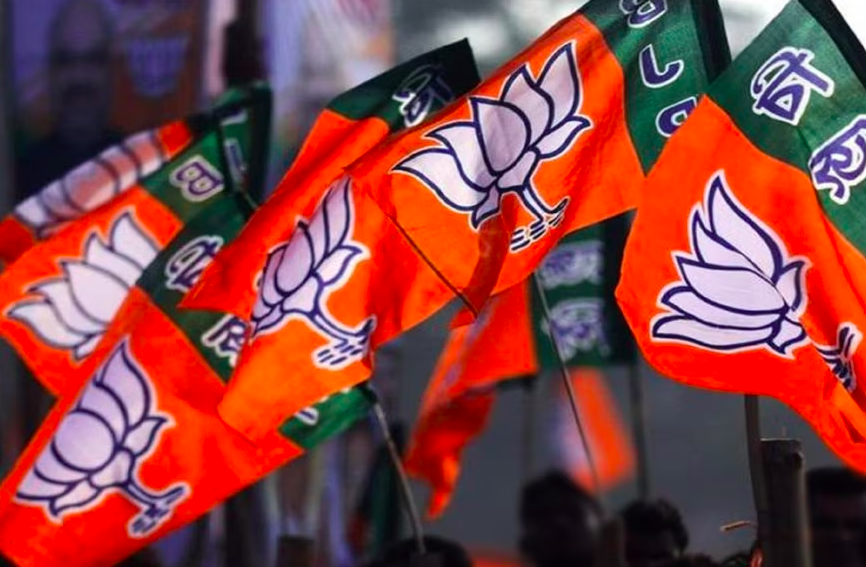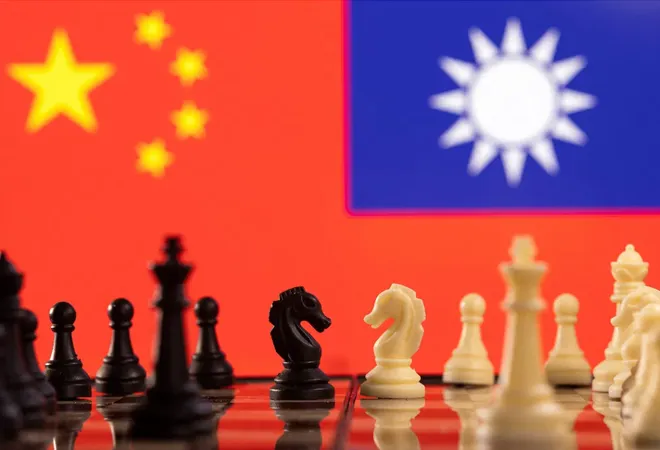Chaos and Nationalism: A Global Balancing Act

States, empires, and nations have always undergone crises—both internal and external. And in these times of chaos, leaders often look to nationalism to dissipate terror, forging a sense of common identification among citizens to spur hope. However, despite its initial promise, employing nationalism actually heightens tension and tribalism. Leaders grappling with tumult thus constantly face the question: How can nations navigate chaos without succumbing to the divisive allure of nationalism?
Contrary to popular belief, nationalism, as we know it today, is a relatively recent phenomenon. It arose during the 18th century when Enlightenment ideas dominated Europe. The idea of national sovereignty—that the people of a nation should control their own destiny—grew increasingly popular, especially as monarchies grew increasingly unpopular.
The popularity of nationalism has often fluctuated throughout history, rising and falling in different countries at different times. However, there has been one common thread that provides a consistent explanation for why nationalism rises: chaos. When instability rocks nations and fear begins to dominate, masses of people begin to cling to the idea of national identity to provide a sense of comfort and stability.
The idea of nationalism as a product of chaos was confirmed in a recent study. The study found that nationalism, in recent years, rose in three major waves: the oil crisis of the 70s, the end of the Cold War, and the 2008 financial crash. The reason for this is that each of these periods was marked by enormous instability.

In many instances, increasing nationalism had positive effects on a nation. An example is the rise of civic nationalism during the Great Depression. Civic nationalism differs from more tribalistic forms of nationalism as it promotes the belief that members of a nation, including members of different backgrounds, should strive to unify around the nation’s common good.
The idea became popular in 1930s America as the nation grappled with its worst economic crisis in history. Citizens recognized the necessity of working together to rebuild their country, leading to widespread support for public works to promote the development of infrastructure, schools, hospitals, and more. Workers of different backgrounds began to unionize in greater numbers and fight for their rights. This does not mean that inequalities somehow vanished, as racial discrimination continued to be a severe problem in America. Nevertheless, the period was one of overall progress for Americans due to increasing unification.
However, nationalism has not always been a unifying or positive force. In times of crisis, many turn towards tribalistic forms of nationalism, prioritizing their ethnicities over their country, in what is known as ethnic nationalism The most infamous example of this occurred during the same time period, the 1930s, but in a different country: Germany. During the Great Depression, many Germans latched on to the ethnic nationalism promoted by the Nazi Party, which argued that the German nation was purely made up of white Germanic people, explicitly excluding those outside of this category, especially Jews. It was this mentality which not only caused a global crisis in WWII but also led to one of the worst atrocities in human history: the Holocaust.
Often, leaders propagate existing divisions to further politically nationalist agendas as well. For example, Prime Minister Narendra Modi of India uses division between India’s religions to encourage intense Hindu nationalism. His political party, the Bharatiya Janata Party (BJP) emphasizes preserving the Hindu identity, from increasing the popularity of yoga—a traditional Hindu practice—to standardizing ayurvedic medicine. Through policies that continue to marginalize India’s Muslim population, Modi utilizes nationalism to further the BJP agenda.

The most extreme form of nationalism, however, is manufactured chaos, where a nation deliberately instigates crises to increase nationalist sentiment. Though rarely seen in practice, China’s repeated reliance on Taiwan as a scapegoat—in order to stoke national pride and anti-Taiwanese sentiment—is an example of this. Especially in the coming election with heightening tensions in the Taiwan Strait, China is forced to “blame the enemy” to increase nationalism and thereby decrease chaos.
Nations occasionally do the opposite as well—withholding information to preserve nationalism in times of chaos. For example, during the Vietnam War, the United States neglected to publish its deliberate escalation and failure in the conflict to maintain pro-government sentiment back home. When this information was later revealed in the Pentagon Papers, the precaution proved to be legitimate. Nationalism was in decline, and people grew to question the authority of the government. Thus, as the lines blur between truth and fiction, nations will do whatever it takes to uphold unity.
Ultimately, nationalism remains a two-sided coin in the global playing field—offering both unity and sunderance. It’s imperative to confront the complexities of nationalism and strive to keep the truth in check: restricting misinformation and tribalism due to their warped presentations of reality. Though unity is a legitimate safeguard to crisis, it must thus be employed with caution.
